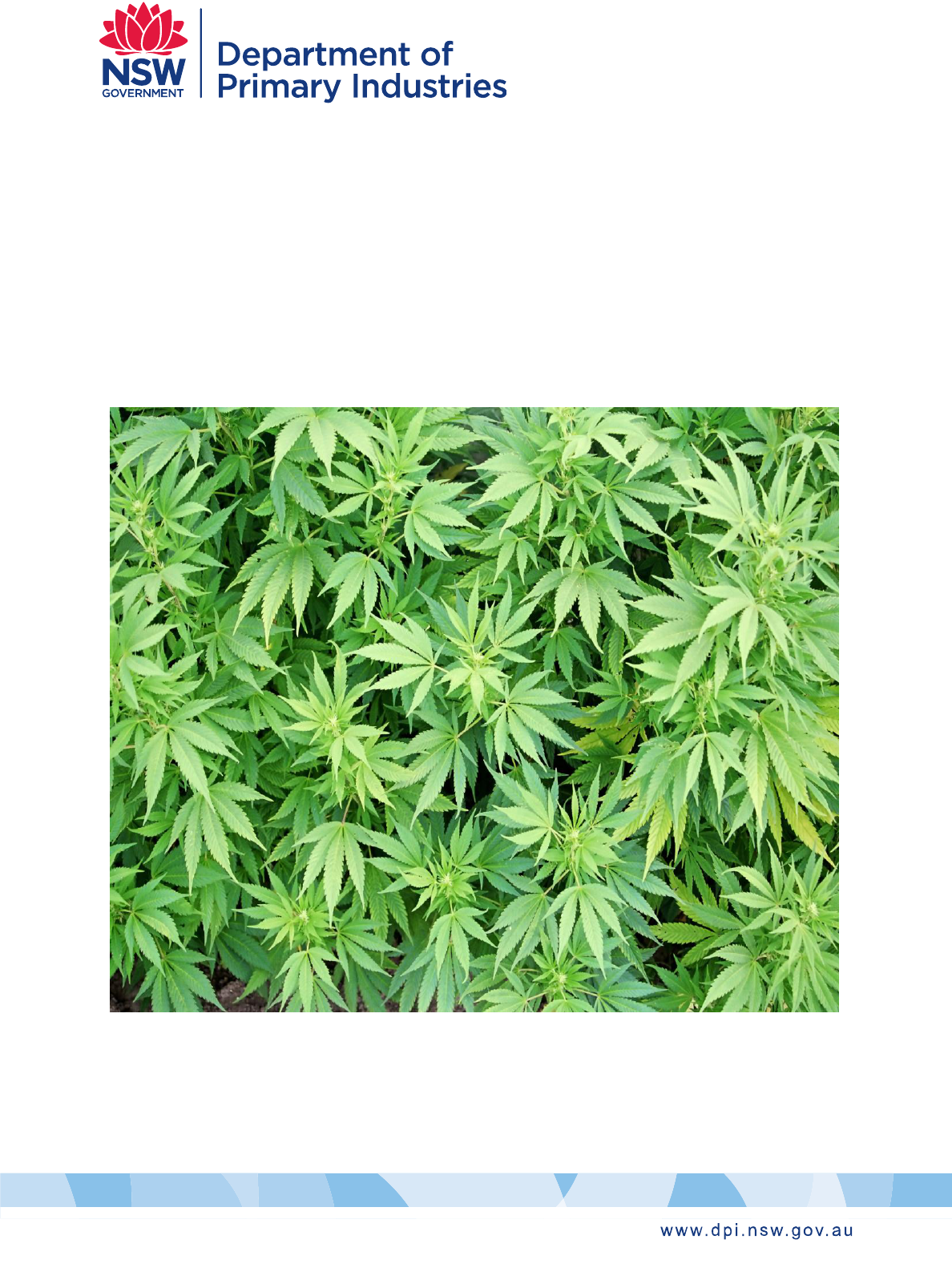
Hemp Production in New South Wales
Licence Manual

Low-THC Hemp Production in New South Wales
Published by the NSW Department of Primary Industries
Hemp Production in New South Wales
First published February 2018
Updated version published June 2024
www.dpi.nsw.gov.au
© State of New South Wales through NSW Department of Primary Industries and Regional Development 2024. The information contained in this
publication is based on knowledge and understanding at the time of writing June 2024. However, because of advances in knowledge, users are
reminded of the need to ensure that the information upon which they rely is up to date and to check the currency of the information with the appropriate
officer of the NSW Department of Primary Industries and Regional Development NSW or the user’s independent adviser.

Low-THC Hemp Production in New South Wales
1 NSW Department of Primary Industries, June 2024
Table of Contents
Introduction 3
Licence Application Process 3
Licence Application Checklist 5
Licence Application Assessment 5
Permitted Activities 5
Duration of licence 7
Fees and charges 7
Licence Conditions 7
Approved cultivation and processing sites 8
Property Security 8
Standard operating procedures for employees under a cultivation licence (Optional) 9
Notification 9
Cultivation 9
Other Notification 10
Sampling and Testing 10
Notification of non-compliant test 10
Audits in the Low THC Hemp Industry 11
What is in the Audit? 11
Corrective Action Requests 11
Minor CAR 11
Major CAR 11
Critical CAR 12
CAR Escalation Policy 12
How is the audit outcome determined? 12
Unacceptable audit result 12
Acceptable Audit Frequency 13
Unannounced Audits 13
The Hemp Licence Register 13
Annual Report 14
Appendix 1. Low THC Hemp Licence Register 15
Appendix 2. Personnel register 16
Appendix 3. Record of seed and plant purchased 17
Appendix 4. Record of seed sowing / planting 18

Low-THC Hemp Production in New South Wales
2 NSW Department of Primary Industries, June 2024
Appendix 5. Record of seed or plants sold 19
Appendix 6. Record of seed or plant disposal and destruction 20
Appendix 7. Harvest records 21
Appendix 8. Record of low-THC hemp material supplied 22
Appendix 9. Visitor Register 23
Appendix 10. Annual Report, Planting Notification & Sampling Request Forms 24

Low-THC Hemp Production in New South Wales
3 NSW Department of Primary Industries, June 2024
Introduction
Industrial cannabis fibre and seed comes from the cannabis plants specifically bred to have
tetrahydrocannabinol (THC) levels of no more than 1%. In New South Wales, a licence is
required if you are going to commercially produce industrial cannabis fibre and seed or conduct
research into the use of cannabis for these purposes.
The Hemp Industry Act 2008 (the Act), allows the cultivation and supply of low THC hemp fibre
and seed production in NSW, under controlled conditions
1
.
THC, tetrahydrocannabinol, is the mind-altering substance present in marijuana. Although it
looks the same, low THC hemp, as the name implies, has very low concentrations of THC and
has no value as a drug.
A licensing scheme under the Act allows commercial production of low THC hemp, as well as
facilitating the development of an industry in processing, manufacturing and marketing in NSW.
This licensing scheme will enable activities to be carried out under strictly controlled conditions.
These activities include commercial production, research into the alternate uses of low THC
hemp, and plant breeding programs to develop new or improved strains of low THC hemp.
Licensing conditions will ensure that production can take place without risk to drug law
enforcement. These conditions include strict eligibility and suitability requirements for licence
applicants and compliance monitoring programs.
Low THC hemp has been around for many years and has a wide range of uses including oil for
use in dog food, fibre for use as a substitute for fibreglass, and many other products.
Low THC hemp has the added advantage of being considered an environmentally friendly crop,
as it requires less irrigation water and use of agricultural chemicals than other fibre crops. A low
THC hemp industry in NSW will soon be a reality with the backing of farmers, industry and
government.
Licence Application Process
To cultivate or supply low-THC hemp in NSW, a licence is required under the Hemp Industry Act
2008 (the Act).
A licence can only be issued to a person who is considered suitable to be concerned in or
associated with the cultivation or supply of low-THC hemp. As part of the suitability assessment,
the Department obtains a National Criminal Record Check for each Applicant and Close
Associate to verify whether there is a history of drug-related offences. Following submission of
the application, each Applicant and Close Associate will receive a link emailed from no-
[email protected]u to conduct a criminal record check. The link expires 7 days after
receipt and the email may appear in the spam or junk folder.
Licence applications are available from the Department of Primary Industries or on the NSW DPI
website. An application must be made on the approved application form, be accompanied by the
appropriate licence application fee and include all supporting material requested by the
department.
An application can take up to four months to be completed, depending on the complexity and
time take to secure relevant documents and checks.
1
This licence does not permit the growing of hemp for medicinal use. Contact the Commonwealth Office of Drug
Control for information about researching, cultivation and producing cannabis for medicinal purposes.
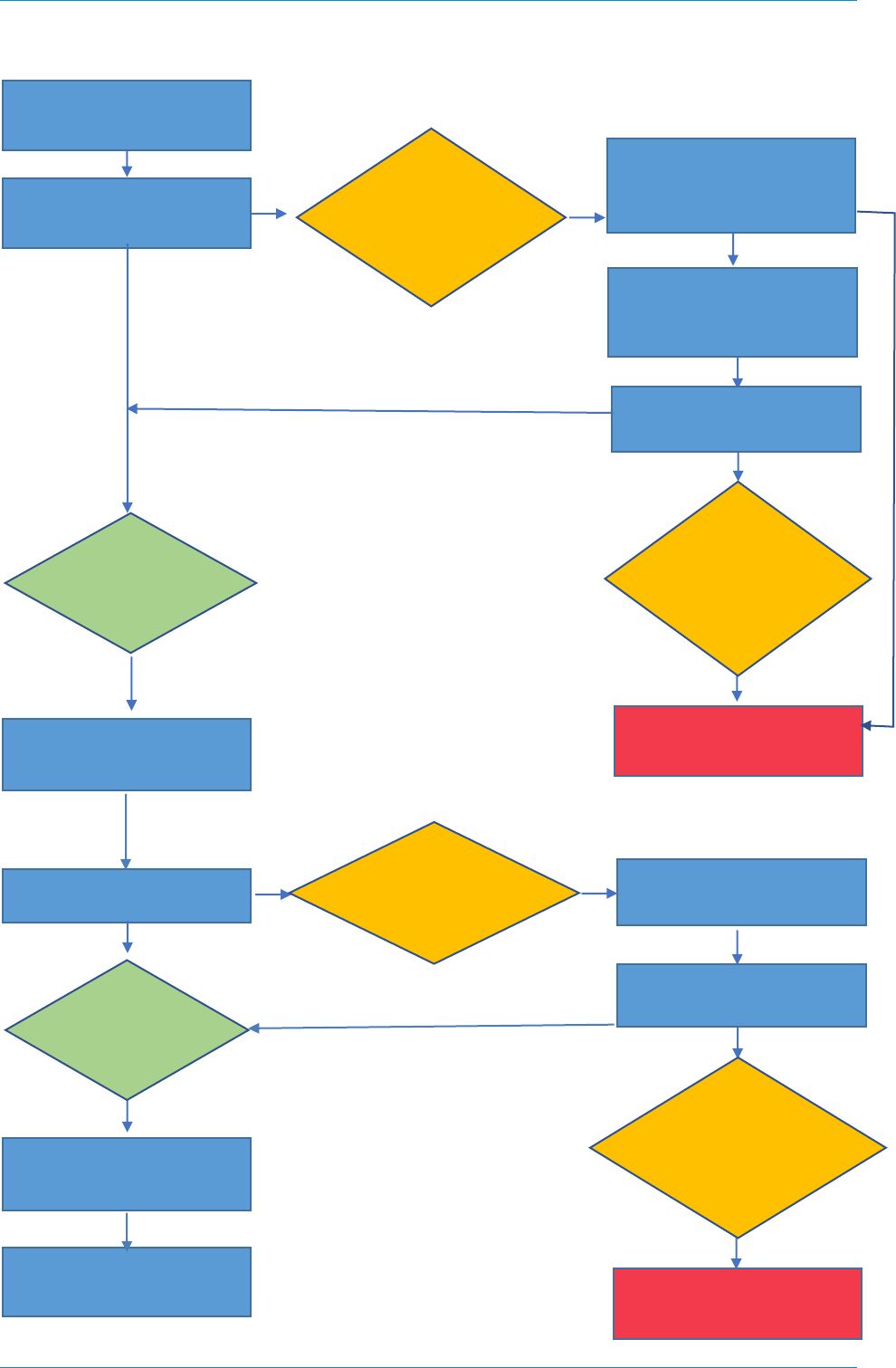
Low-THC Hemp Production in New South Wales
4 NSW Department of Primary Industries, June 2024
Figure 1. Licence application process
Unsuccessful
assessment
result
Successful
assessment
Application submitted
with application fee
Application assessed by
DPI
Applicant receives
feedback of assessment
outcome
Applicant receives pending
licence letter
Applicant amends
application or provides
additional information
Unsuccessful
assessment
result
Licence granted & issued
Licensing audit conducted
Unacceptable
audit result
Applicant receives letter of
audit outcome
Follow up audit carried out
Second
unacceptable
audit result
Acceptable
audit result
Annual Audit Program
Application re-assessed by
DPI
Applicant receives letter of
unsuccessful application
Applicant receives letter of
unsuccessful application

Low-THC Hemp Production in New South Wales
5 NSW Department of Primary Industries, June 2024
Licence Application Checklist
The following documentation must be submitted at the time of application to ensure processing
time is kept to a minimum:
Application form
Photo identification of applicants and associates
Property plan (incl. main roads, residential areas)
Payment details
Licence Application Assessment
Every licence application is assessed individually on the following criteria:
• Suitability of applicant and close associates
o The Department must be satisfied that the person, and each close associate of
the person, is of good repute, having regard to character, honesty and integrity.
o The applicant and close associates have not been found guilty of a drug related
offence.
o The activities of growing low-THC meet the specific requirements as specified in
the Act, Regulations and this License Manual.
• Suitability of cultivation site(s)
o The location of the cultivation and processing sites are suitable.
o Examples of suitability:
▪ Cultivation site must not be located near any main roads or paths that are
commonly used by the public.
▪ Cultivation site should be appropriately distanced from residential areas,
places of public gatherings, schools etc.
A detailed description of the proposed purpose for cultivation/research or supply of low-THC
hemp is required to assist in determining the bona fide nature of the proposed activities and
provides a basis for any subsequent audits or inspections.
Permitted Activities
Applicants should note that a licence can authorise more than one activity, such as cultivation
and supply of low-THC hemp. To avoid the need for additional licences, applicants should
ensure that they provide complete information relating to all proposed activities. The following
category descriptions are provided to assist applicants (Table 1).

Low-THC Hemp Production in New South Wales
6 NSW Department of Primary Industries, June 2024
Table 1. Permitted Activates
Activity
Definition
Cultivation of low-THC hemp
for commercial production
Low-THC hemp is cultivated for the purpose of supplying
low-THC hemp plants or products derived from such plants
(such as seeds or fibre) into the commercial market.
Cultivation of low-THC hemp
for use in manufacturing
process
Low-THC hemp is cultivated for the purpose of supplying
low-THC hemp plants or products derived from such plants
(such as seeds or fibre) as raw materials for use in
manufacturing processes.
Cultivation of low-THC hemp
for scientific purposes
Low-THC hemp is cultivated for the purpose of scientific
research, instruction, analysis or study. For example, this
might include:
• bona fide research into some aspect of production, plant
quality, plant health, plant breeding or similar activity.
• educational or advisory activities or demonstration of some
aspect of the cultivation of low-THC hemp to the public.
Supply of low-THC hemp for
commercial production.
Low-THC hemp plant material or seed is supplied for the
purpose of commercial production which is not to be used in
a manufacturing process.
An example of supply for commercial production would be
supplying seed which will be used for sowing or supplying
seed or plant material to a third party not involved in the
original production, who may on-sell for manufacturing
processes
Supply of low-THC hemp for
use in manufacturing process
Low-THC hemp plant material is supplied for use in a
manufacturing process. A manufacturing process is taken to
mean any process that converts low-THC hemp plants and
raw seed into fibre, processed seed, oil or other products.
This may include on-farm processing of fibre or oil
extraction.
Supply of low-THC hemp for
scientific purposes
Low-THC hemp plants, or products derived from such plants
(such as seeds or fibre), are supplied to a research or
educational facility or to a laboratory for scientific research,
instruction, analysis or study. For example, this might
include:
• bona fide research into some aspect of production, plant
quality, plant health, plant breeding or similar activity.
• educational or advisory activities or demonstration of some
aspect of the cultivation of low-THC hemp to the public.
• Were plants material or seed is used for the purpose of
scientific analysing including determining THC levels,
disease resistance.
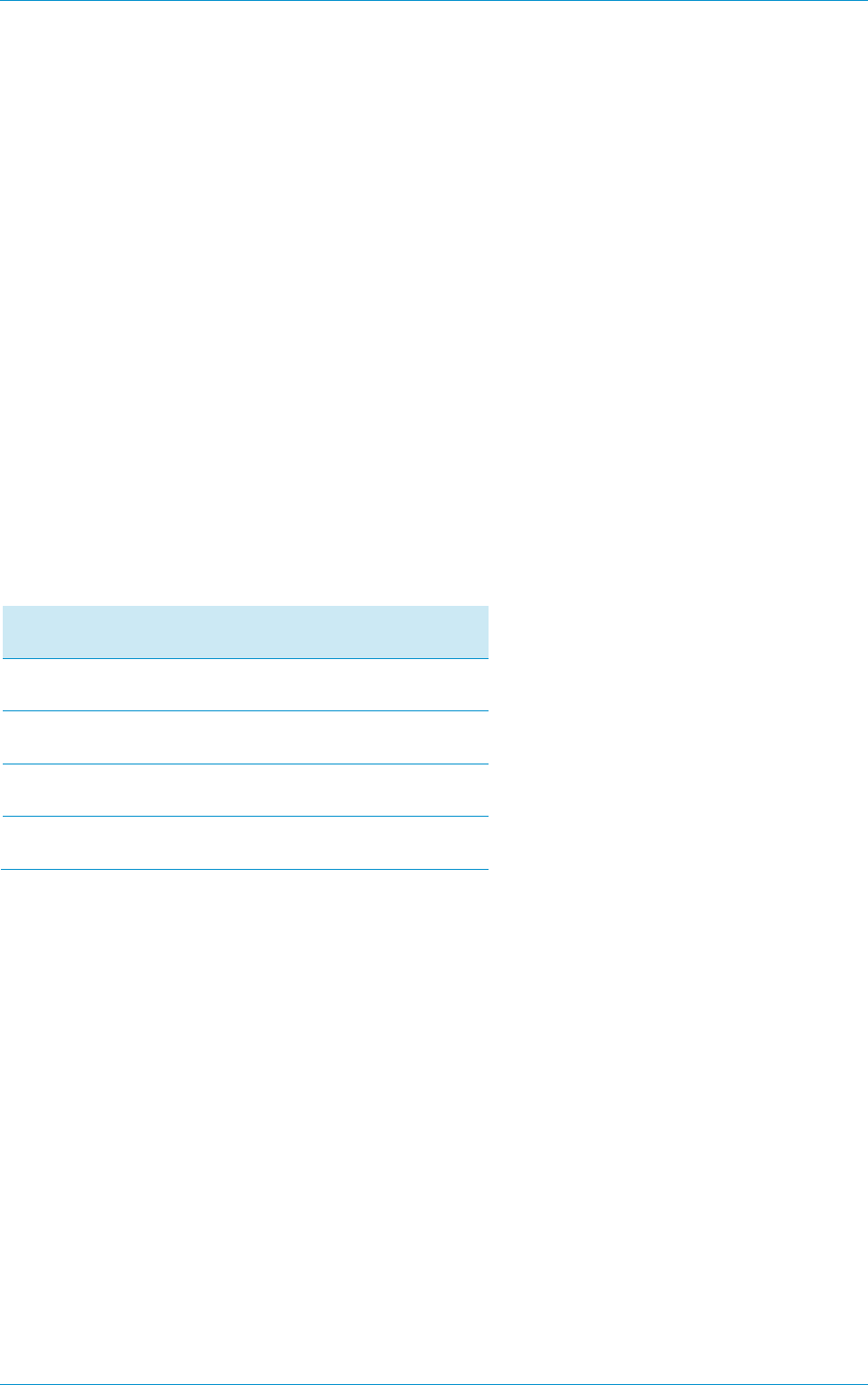
Low-THC Hemp Production in New South Wales
7 NSW Department of Primary Industries, June 2024
Duration of licence
A licence is valid for a period of five years. If at any stage, the licence holder wishes to cancel
their licence, the licence holder must contact the Departments Licensing and Accreditation unit
to inform them of their intention to cancel.
NSW Department of Primary Industries
PO Box 232, Taree NSW 2430
Phone: 1300 552 406
Email: [email protected]
Fees and charges
Application Fee
The application fee must accompany the application. If no application fee, or the incorrect
application fee, is received, the application will not be processed until the correct fee is provided.
Annual Licence Fee
An annual licence fee must be paid for the licence to remain valid. The Department will notify
each licence holder when the annual licence fee is due.
Table 2: Description of fees and charges associated with Hemp Licence
Description of fee
Fee ($)
Comment
Application fee
572
Licence valid for 5 years
Renewal fee
418
Annual Licence fee
200
Audit fee
-
Licence Conditions
The licence holder must ensure that licence conditions as specified in Hemp Industry Act 2008
and Regulation are managed and complied with.
Licence holders must only conduct activities approved by the Department and listed on their
certificate of licence.
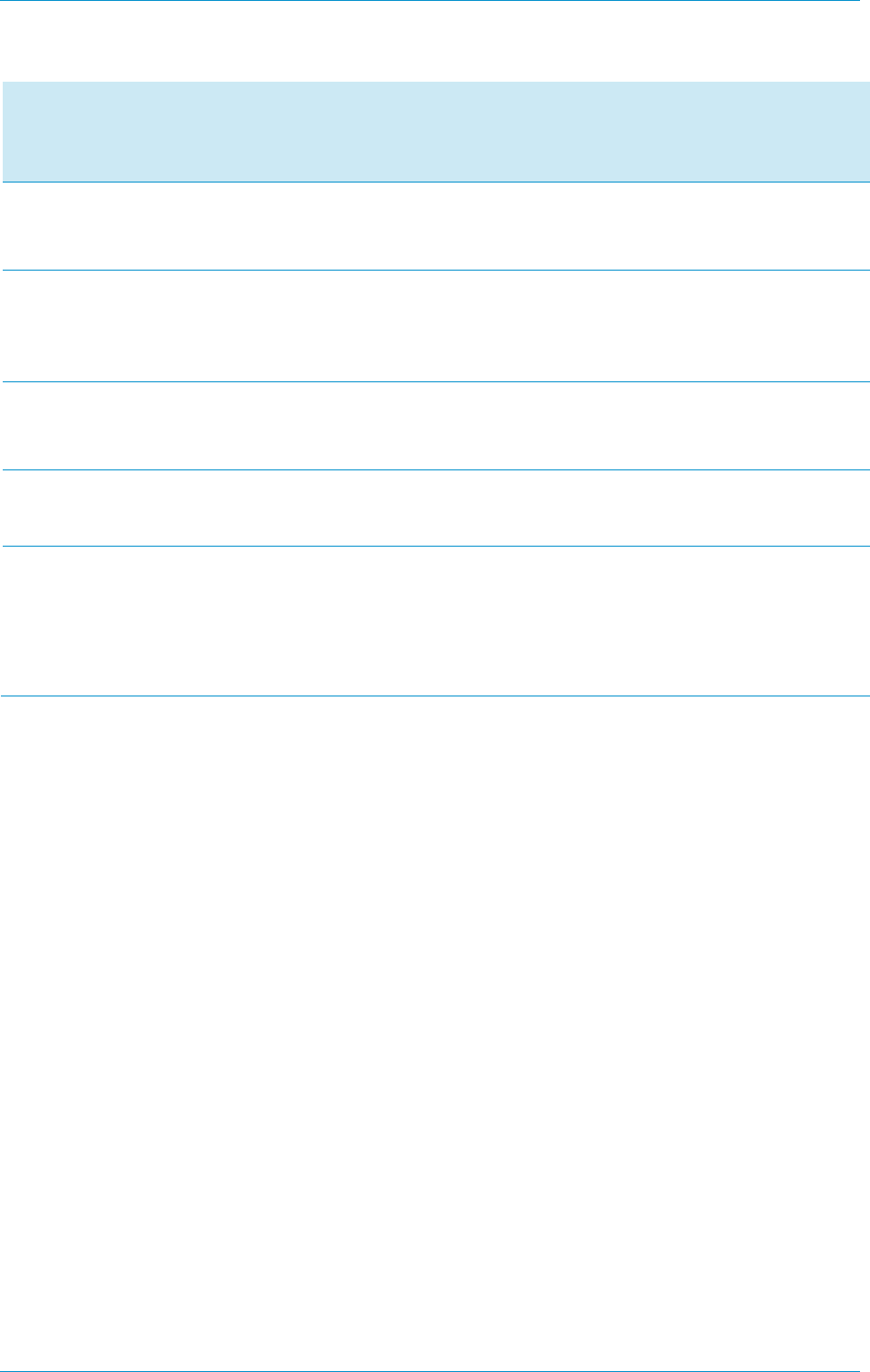
Low-THC Hemp Production in New South Wales
8 NSW Department of Primary Industries, June 2024
Table 3. Licence conditions
Legislation /
Licence
Condition
Category
Permitted activity
Regulation
Clause 10
Licence Conditions
The licence holder must follow all conditions pursuant
to section 10 of the Regulations.
Regulation
Clause 10
(1)(b)
Approved locations
The licence holder must only conduct activities on
approved locations as specified on the certificate of
licence.
Regulation
Clause 12 (2)
Annual report
The Department must receive the annual report on or
before the 1
st
of August each year.
Licence
Condition
Planting notification
The business must notify the Department within 7 days
after planting or sowing.
Licence
Condition
Operation in
accordance with
licence manual
The licence holder must ensure they are operating in
accordance with licence manual and notify the
Department of any changes to contact details,
associate details and notify within the required
timeframes.
Approved cultivation and processing sites
If the licence holder chooses to change locations, they must contact the Licensing and
Accreditation unit via email (bfs.admin@dpi.nsw.gov.au) to inform them of the changes.
All variations to approved locations will incur a desktop audit as well as and on-site audit. To
ensure the approval process is completed within a timely manner, licence holders should allow a
minimum of 30 days’ notice to the Department.
Property Security
The following measures must be taken to address security and safety issues for the cultivation
and processing of low-THC hemp.
• practical measures must be implemented to prevent unauthorised access to cultivation,
processing or storage areas
• practical measures must be implemented to record access to cultivation, processing or
storage areas (by contractors, visitors, etc.)
• any hemp plants growing on the cultivation site after harvest must be eradicated
• volunteer hemp plants must be removed and destroyed within 4 weeks of germination
• volunteer hemp plants must be recorded in the licence register
Practical measures must be taken to address security and safety issues for the growing and
processing of low-THC hemp. The visitor register in the appendix must be used to record visitors
to cultivation, processing and storage areas.
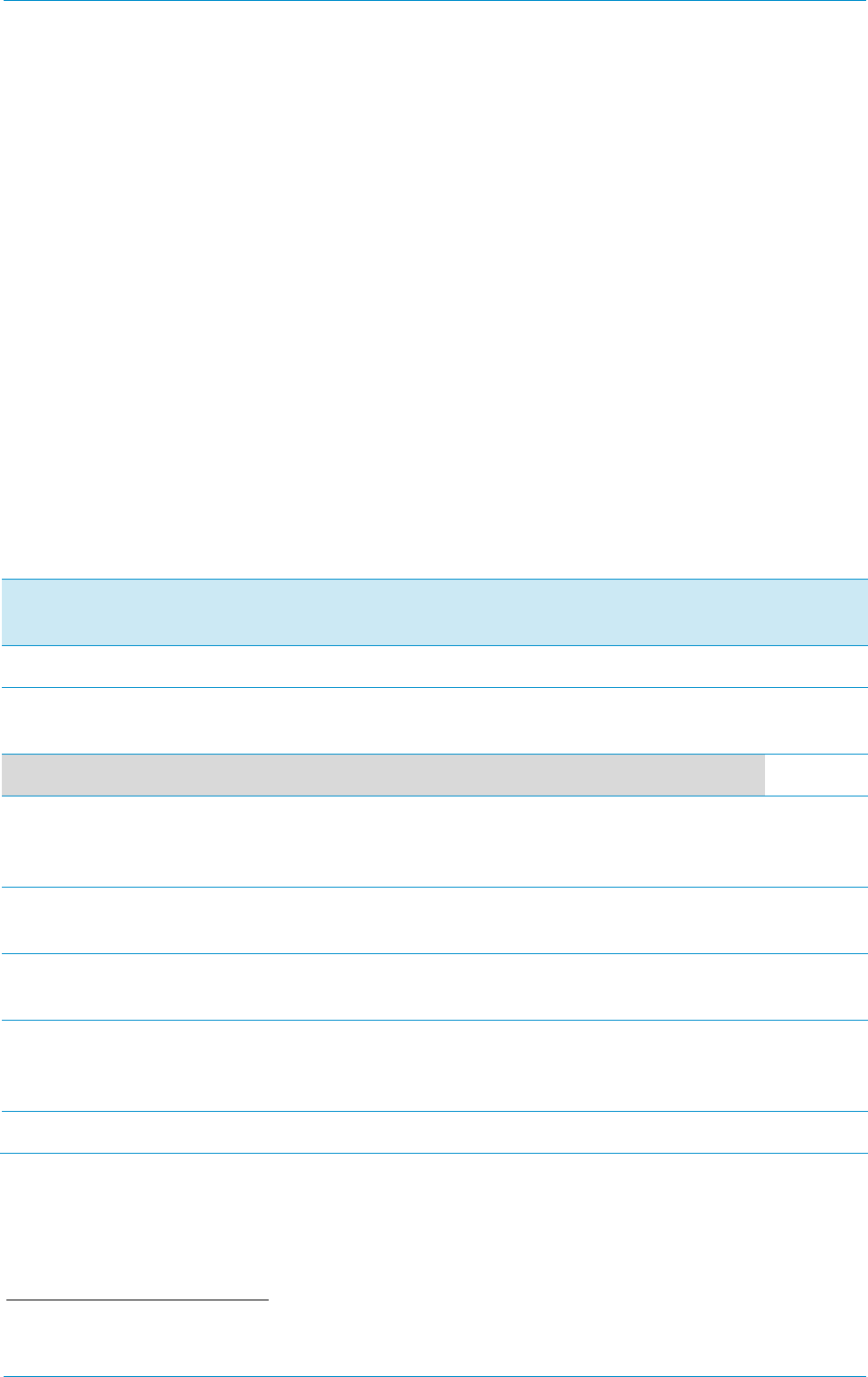
Low-THC Hemp Production in New South Wales
9 NSW Department of Primary Industries, June 2024
Standard operating procedures for employees under a cultivation licence
(Optional)
It is recommended that all applicants for a licence prepare documented standard operating
procedures (SOPs) and maintain a register of SOPs. SOPs should be:
• clear, concise, comprehensible and readily available to personnel needing them
• numbered, dated and have a title and identity of the position (or role) of the person
responsible for the SOP
• include detailed instruction on the subject and a date for the next review of the SOP.
SOPs are intended for internal use by the licensee’s employees and will not be subject to
approval or registration by NSW DPI as part of the licence application process.
Notification
Cultivation
As part of the conditions of licence, every low-THC hemp licensee must notify the NSW DPI at
specific stages of the production. These stages have been identified due to their high-risk nature
and potential for non-compliance. The table below shows the significant stages of low-THC
hemp production and the stages that must be notified to the DPI. At key stages of the operation,
an authorised officer will conduct a compliance audit to ensure conditions are being upheld.
Table 4. Notification chart
Stage Of Production
No. Days’
Notice
Notification
To NSW DPI
Audit To Be
Conducted
Method Of
Notification
Planting notification
7
2
Yes
No
Email
Annual Report
Must be received by the Department on or before the 1
st
of
August each year
Administrative
Variation of licence
holder’s name, address or
contact details
7
Yes
No
Email
Variation of licence holder
or close associates
7
Yes
No
Email
Changes to arrangements
for use of cultivated plants
7
Yes
No
Email
Variation to approved
cultivation / processing
sites
30
Yes
Yes
Email
Notification of Sampling
14
Yes
Yes
Email
Email address: bfs.admin@dpi.nsw.gov.au
2
Number of days’ notice after planting or sowing has occurred

Low-THC Hemp Production in New South Wales
10 NSW Department of Primary Industries, June 2024
Other Notification
Licensees have obligations to notify the department if they become aware of unauthorised
activity, proposed unauthorised activity or certain drug offence convictions. Contact the
Department on 02 9741 4790, for further information.
Sampling and Testing
Sampling of plants for testing will be co-ordinated by the Department, and will be carried out by
an Authorised Officer. Under most circumstances, this will occur at the same time as other
routine activities such as the annual compliance audit. Sampling will be timed to optimise the
integrity of the testing process, based on notification of planting and sampling request being
submitted. This may result in sampling being carried out at a separate time to the compliance
audit.
Sampling request forms are to be submitted to the Department 14 days before optimal sampling
timing (usually greater than 70 days after planting/sowing). Sampling request forms to be
emailed to;
bfs.admin@dpi.nsw.gov.au
Enquiries regarding sampling processes or timing can be directed to;
Phone: 02 9741 4790
Or
Email: quarantine@dpi.nsw.gov.au
Authorised Officers will collect samples based on pre-determined sampling processes and
methods. Samples will be sent to laboratories approved for THC testing, with the cost of testing
to be borne by the licensed business.
Records of test result must be available for an Authorised Officer to review. Compliance action
may be taken if results are not available on request.
Notification of non-compliant test
A license holder must notify the Department and provide the results of a test that exceeds 1%
THC (in the leaves and flowering heads of hemp cultivated by the licensee) within 24 hours of
receiving the results. Notification to be made on;
Phone: 02 9741 4790
Or
Email: quarantine@dpi.nsw.gov.au

Low-THC Hemp Production in New South Wales
11 NSW Department of Primary Industries, June 2024
Audits in the Low THC Hemp Industry
What is in the Audit?
An audit is a process where an authorised auditor visits a facility or cultivation site to assess
compliance. During the audit the auditor carries out an inspection of the facility/site and reviews
documentation including the licence register and associated records.
During a licensing or compliance audit, the authorised officer will check that:
• conduct of activities permitted on the certificate of licence
• the licensee is adhering to the licence conditions and legislative requirements
• security precautions in place to ensure activities remain under the control of licensee
• Licence Register is being filled out accurately and correctly
• personnel details are current and correct
Corrective Action Requests
If the auditor identifies an area or an issue that is not compliant, they will raise a Corrective
Action Request (CAR). A Corrective Action Request identifies the non-compliance, and generally
allows the licensee a period of time to take action to address the issue. The Corrective Action
Requests (CARs) identified during audits are rated as Minor, Major or Critical, depending on
their severity. Each CAR attracts a numerical value, the total of which determines the audit
outcome.
Table 7. Corrective Action Request Scoring
CAR Category
Numeral value
Minor
2
Major
8
Critical
64
Minor CAR
A minor CAR is a non-conformance, which threatens neither the effectiveness not the assurance
provided by the audit program.
Minor non-conformances are essentially administrative or technical in nature, and are low risk to
the licence condition.
The following are example is of minor CAR:
• failure to submit annual report on time
• small amount of information missing, illegible or incomplete in License Register
Major CAR
A major CAR is a non-conformance where there is a significant breakdown in the
implementation or documentation of controls, which threatens the effective operation of systems.
The following are example is of major CAR:
• large amounts of information missing, illegible or incomplete in Licence Register

Low-THC Hemp Production in New South Wales
12 NSW Department of Primary Industries, June 2024
• failing to take appropriate actions to prevent the spread of volunteer hemp plants
• failing to take appropriate action to remove and destroy volunteer hemp plants
• failing to control all licence activities
Critical CAR
A critical CAR is a non-conformance which, in the opinion of the authorising authority, seriously
threatens the effectiveness of the low-THC hemp arrangement and has or will mean regulated
articles do not comply with the legislation.
The following are examples of critical defects:
• operating outside the scope permitted in the licence
• planting in areas outside those approved in the licence
• not notifying the DPI and NSW Police of any unauthorised activities
• failing to update DPI within the required time frames
• failing to notify the Department of any known criminal offences with the licence holder or
close associates
• failing to submit planting notification
• failure to notify the results of a test if THC exceeds 1%
CAR Escalation Policy
A failure of a licensed business to rectify any CAR or defect identified during an audit by the
required timeframe will result in the re-issuing of the original CAR. In addition, a further CAR or
defect is to be considered for inadequate Corrective Action as the business has failed to
implement effective corrective actions to rectify the original issue.
How is the audit outcome determined?
At the conclusion of the audit, the allocated points are added to give a total rating of acceptable
or unacceptable (shown in Table 5).
Table 8. Audit score outcome
Audit Rating
Total Number Allocated Points
Audit Results
Acceptable
0 - 64
Acceptable
Unacceptable
64 and above
Unacceptable
Unacceptable audit result
In the event that an audit results in an unacceptable outcome, one or more enforcement actions
may occur:
• remedial action may be required
• immediate corrective action may be required with specific timeframes for compliance
• conditions may be imposed that restrict or prohibit certain activities by the licensee or
permit holder
• the licence may be suspended, cancelled or not renewed or not granted
• individuals or companies may receive penalty notices or be prosecuted

Low-THC Hemp Production in New South Wales
13 NSW Department of Primary Industries, June 2024
Table 9. Unacceptable audit frequency
Rating
Maximum period
for follow up
audit (s)
Unacceptable follow up audit
Acceptable follow up audit
Unacceptable
1 month
Remain on 1 monthly
audits and additional
enforcement action
Return to original audit
schedule
Acceptable Audit Frequency
If an audit outcome is acceptable the next audit will be carried out in 12 months.
Unannounced Audits
Routine audits will generally be carried out on an announced basis, however unannounced
unscheduled audits may be carried out. These audits can be in response to complaints,
sampling or other matters requiring investigation or to monitor compliance.
The Hemp Licence Register
All licensees must keep a register that contains information regarding low THC Hemp.
The register must contain the follow information:
Personnel details
• The name and address of any person employed or involved in carrying out any activities
in relation to the cultivation or supply of low-THC hemp. The information must include a
proof of identity document for every person, which should include a photo of the person
identified. Examples of proof of identity documents include, a copy of the person’s driver
licence or passport, etc.
Seeds
• Details of seeds that are supplied or obtained under the licence, including:
1. the date that the seeds are supplied or obtained, and
2. the weight of the seeds, and
3. the variety of the seeds, and
4. the name of the person to whom the seeds are supplied or from whom the seeds
are obtained.
• Details of sowing of any seeds under the licence, including:
1. the date that the seeds are sown, and
2. the weight and variety of the seeds sown, and
3. the location where the seeds are sown,
Plants
• Details of any plants that are supplied or obtained under the licence, including:
1. the date that the plants are supplied or obtained, and
2. the number of the plants, and
3. the variety of the plants, and
4. the name of the person to whom the plants are supplied or from whom the plants
are obtained.
• Details of the planting of any plants under the licence, including:
1. the date that the plants are planted, and
2. the number of plants, and

Low-THC Hemp Production in New South Wales
14 NSW Department of Primary Industries, June 2024
3. the variety of the plants, and
4. the location where the plants are planted,
Disposal and Destruction
• Details of the disposal or destruction of any seeds or plants under the licence, including:
1. the date of the disposal or destruction of the seeds or plants, and
2. the weight of the seeds or number of plants, and
3. the variety of the seeds or plants, and
4. the location where the seeds or plants are disposed or destroyed, and
5. the manner in which the seeds or plants are disposed or destroyed, and
6. the reason why seeds or plants where disposed or destroyed
Harvesting
• Details of harvesting of low-THC hemp under the licence, including:
1. the date of the harvesting, and
2. the quantity of plants harvested, and
3. the variety of the plants harvested, and
4. the weight of any seeds obtained from harvested plants and the variety of those
plants, and
5. the location of the harvesting,
Supply
• Details of the supply of harvested low-THC hemp under the licence, including:
1. the date of the supply, and
2. the name of the person to whom the hemp was supplied, and
3. the condition of the hemp (including whether any plants are fresh or dried and
whether any seeds are viable or have been treated to make the seeds non-
viable).
Any of the above information must be recorded in the register within 48 hours of the relevant
event or activity.
The register must identify the person who recorded the information and the date that the
information was recorded in the register.
The person responsible for keeping a register under a licence must, if the licence to which the
register relates expires or is revoked, retain the register for a period of 5 years after the expiry or
revocation.
The register must be:
• in legible form in the English language, or
• in computerised or other form that is readily accessible and is convertible into a legible
form in the English language.
The register must be kept in a secure manner to prevent any tampering.
If a licence is transferred, the licensee must provide a copy of the register to the person the
license is transferred to.
The appendices have a number of templates for information to be kept in a licence register.
Licensees may wish to use these templates, or any other documents that contain the above
information, and comply with the above language, legibility, security and accessibility
requirements.
Annual Report
An annual report must be submitted for each location, regardless of whether planting has taken
place, on or before the 1
st
August. A copy of the annual report to be submitted is attached in
Appendix 10.
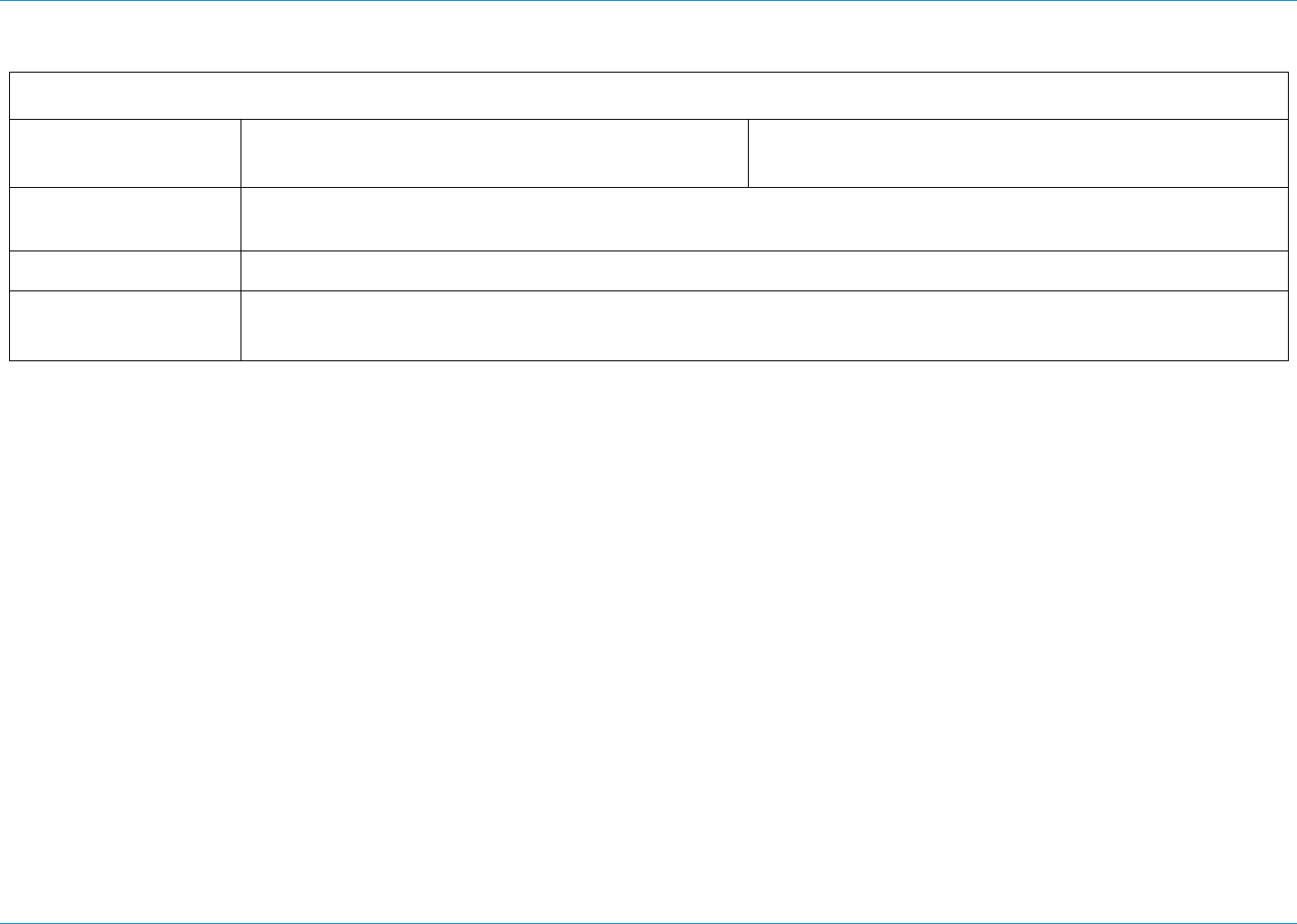
Low-THC Hemp Production in New South Wales
15 NSW Department of Primary Industries, June 2024
Appendix 1. Low THC Hemp Licence Register
Low THC Hemp Licence Register
Name of Licence
Holder
Licence No.
Business/Trading
Name
Address
Telephone
Mobile
e-Mail
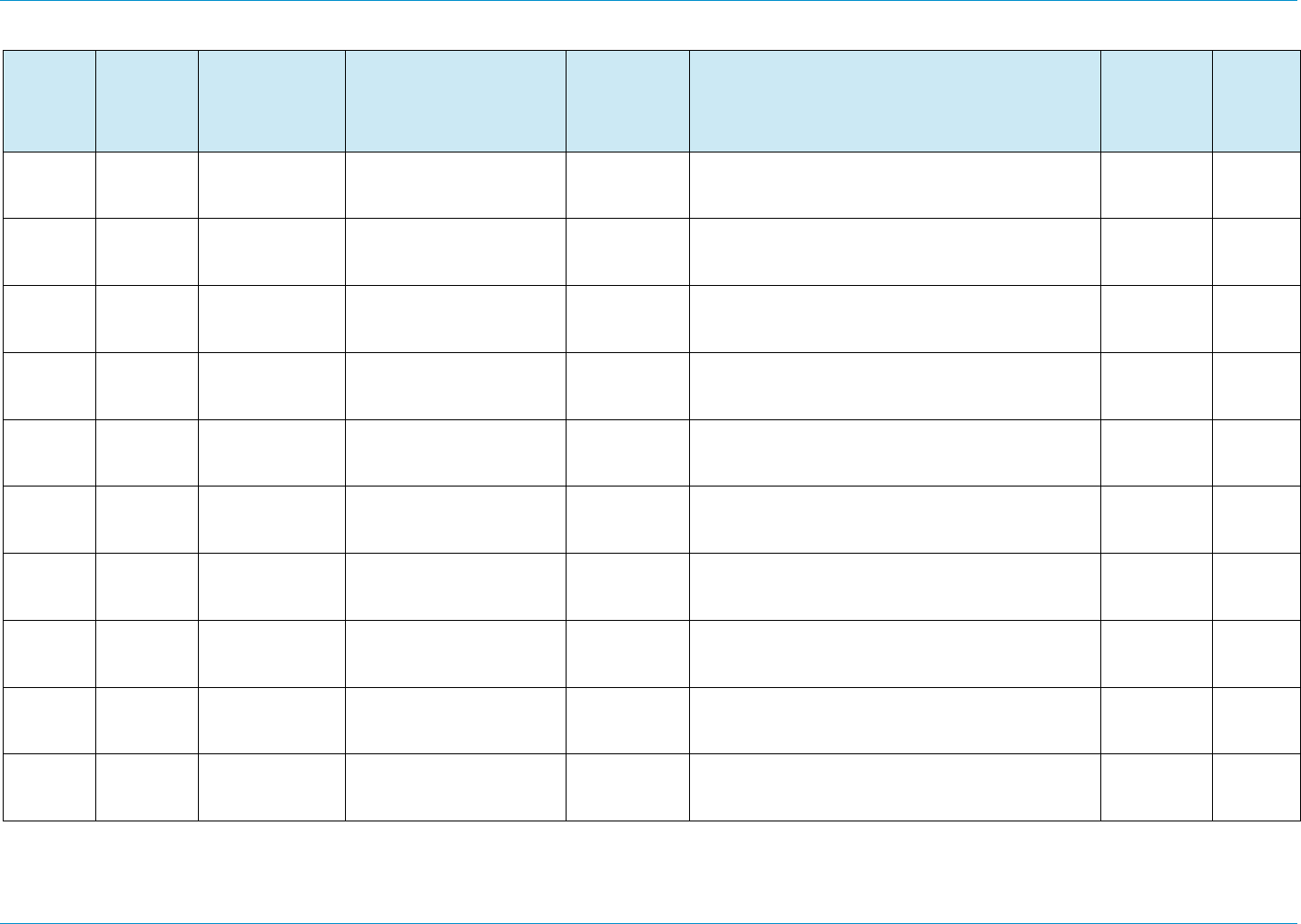
Low-THC Hemp Production in New South Wales
16 NSW Department of Primary Industries, June 2024
Appendix 2. Personnel register
Given
Name
Surname
Address
Position/Activities
Carried Out
Proof Of
Identity
Copy Of Proof Of Identity Attached Or
Storage Method (E.G. Electronic File
Location)
Recorded
By
Date
e.g. John
Citizen
125 Jones Ln,
Smithtown
Manager
Driver’s
License
Office computer, C:Documents\Staff ID
photos
A.
Licensee
1/11/17
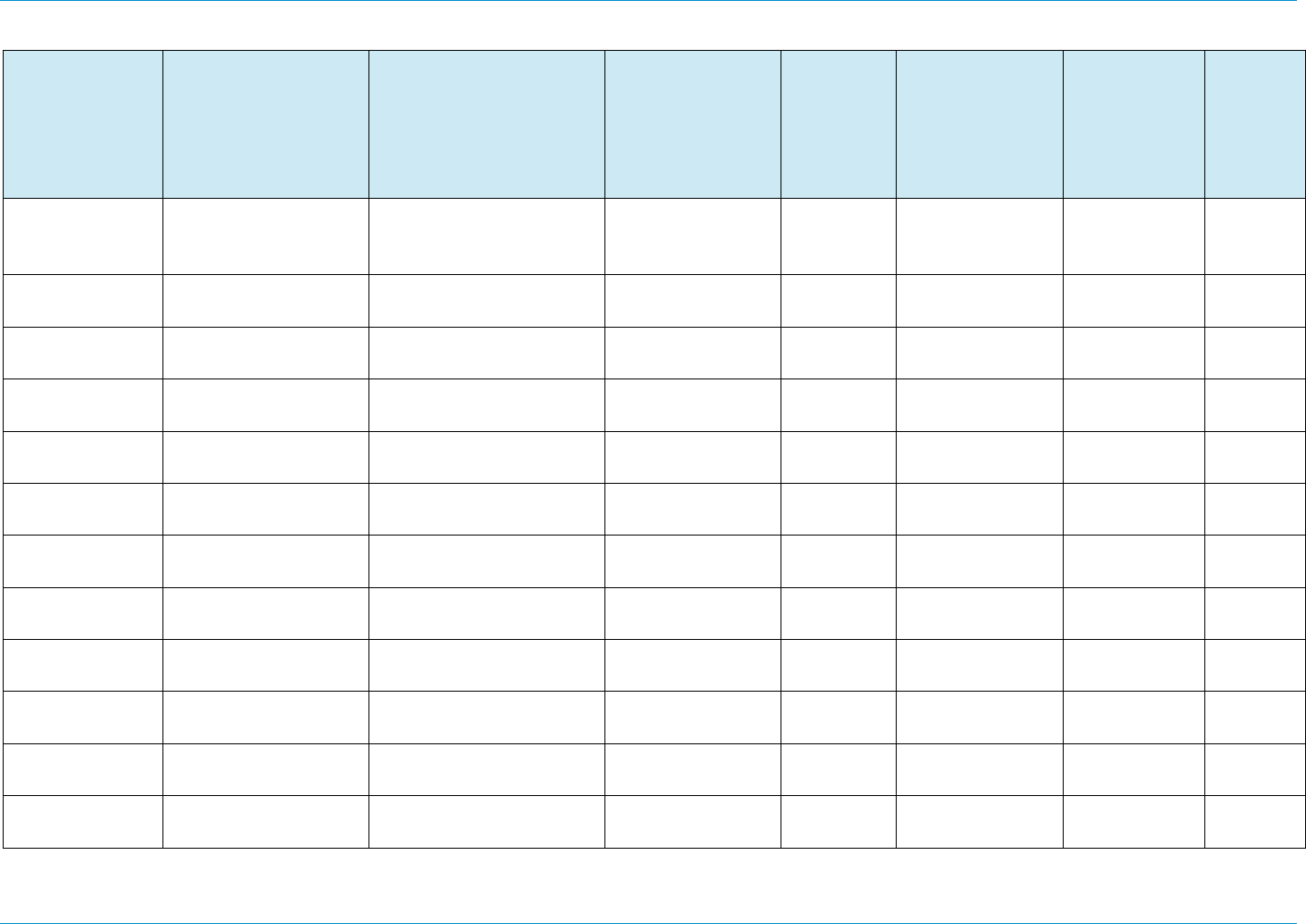
Low-THC Hemp Production in New South Wales
17 NSW Department of Primary Industries, June 2024
Appendix 3. Record of seed and plant purchased
Date Of
Purchase
Name Of Seed
Supplier
Supplier Address
Suppliers Hemp
Licence Number
Variety
Quantity
Weight Of Seed
(KG)/ No. Of
Plants
Recorded By
Date
e.g. 9/6/17
Dan Green - Seed
Sales Pty Ltd
456 Princes Hwy,
Seedtown
13579
Eve
100Kg
A. Licensee
6/7/17
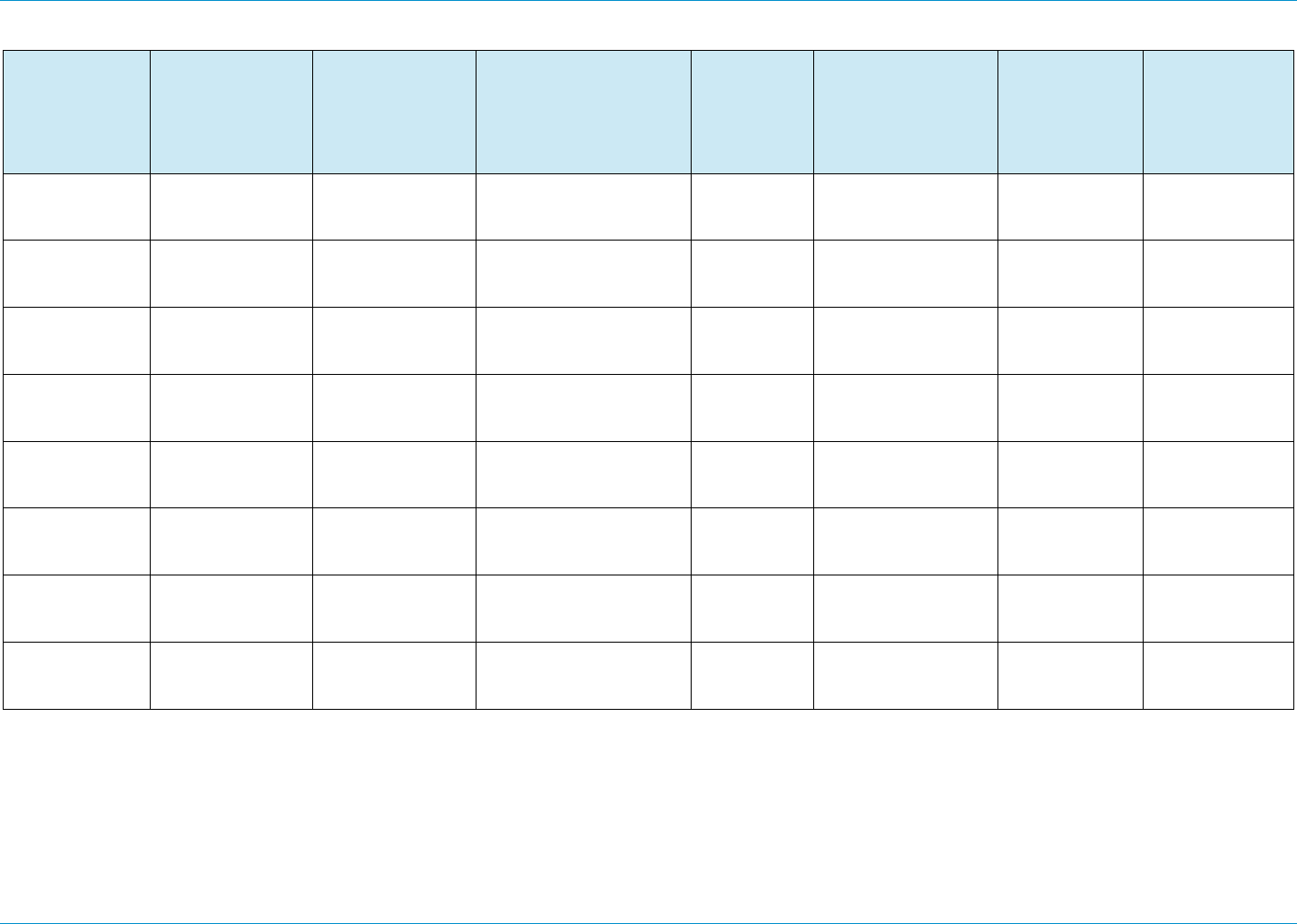
Low-THC Hemp Production in New South Wales
18 NSW Department of Primary Industries, June 2024
Appendix 4. Record of seed sowing / planting
Date
Activity
Address Of
Property
Location / Paddock
Variety
Quantity
Weight Of Seed
(KG)/ No. Of Plants
Recorded By
Date
e.g. 6/7/17
Sowing
234 Harvest St,
Smithtown
Lot 2
Eve
100kg
A. Licensee
6/7/17
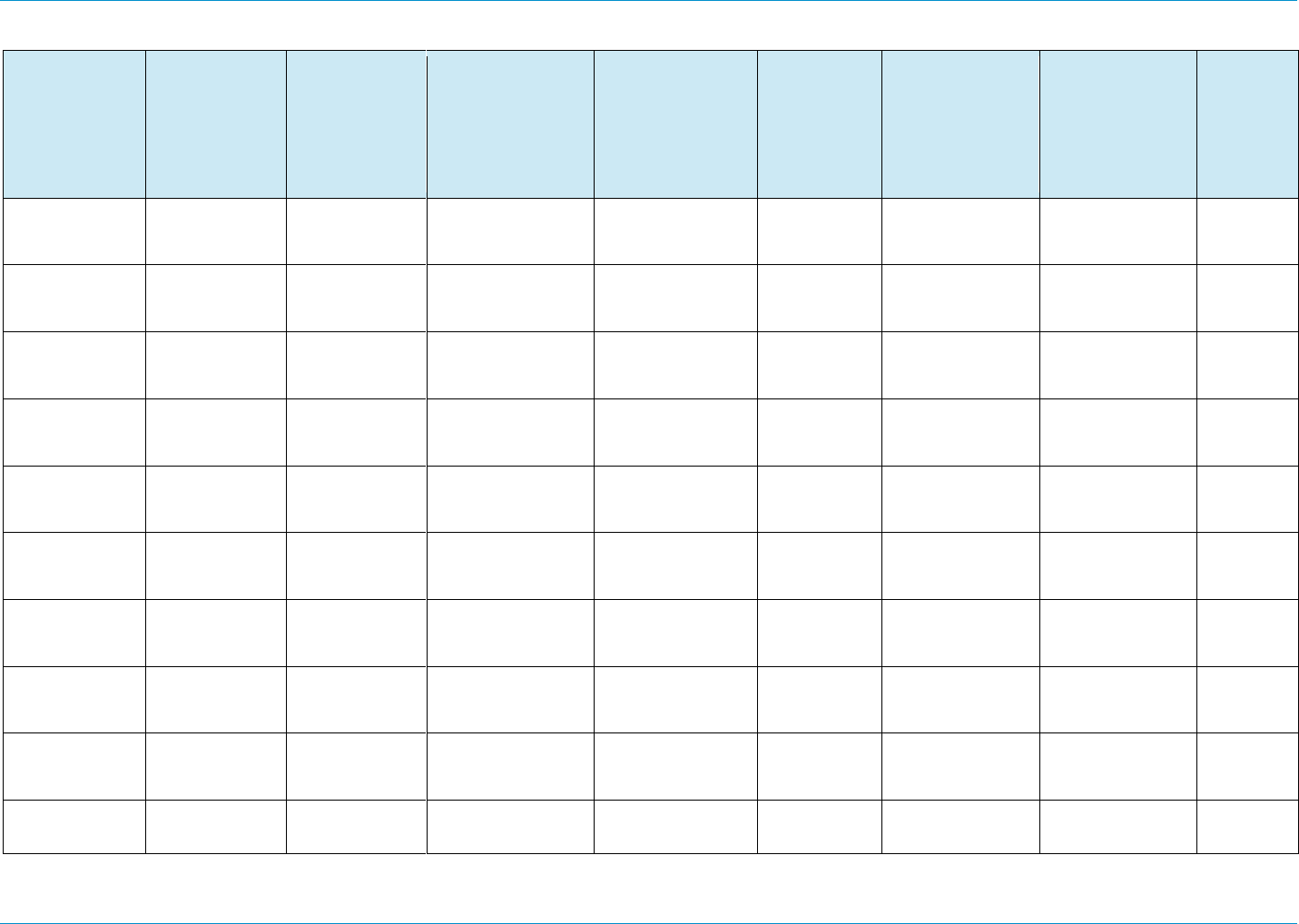
Low-THC Hemp Production in New South Wales
19 NSW Department of Primary Industries, June 2024
Appendix 5. Record of seed or plants sold
Date Sold
Material Type-
Seed Or Plant
Name Of
Buyer
Address Of
Buyer
Hemp Licence
No. Of Buyer
Variety
Quantity
Weight Of Seed
(KG)/ No. Of
Plants
Recorded By
Date
e.g. 18/1/16
Plant
Plant Growers
Pty Ltd
647 Main Rd,
Smithtown
9876
Eve
500 plants
A. Licensee
18/1/16
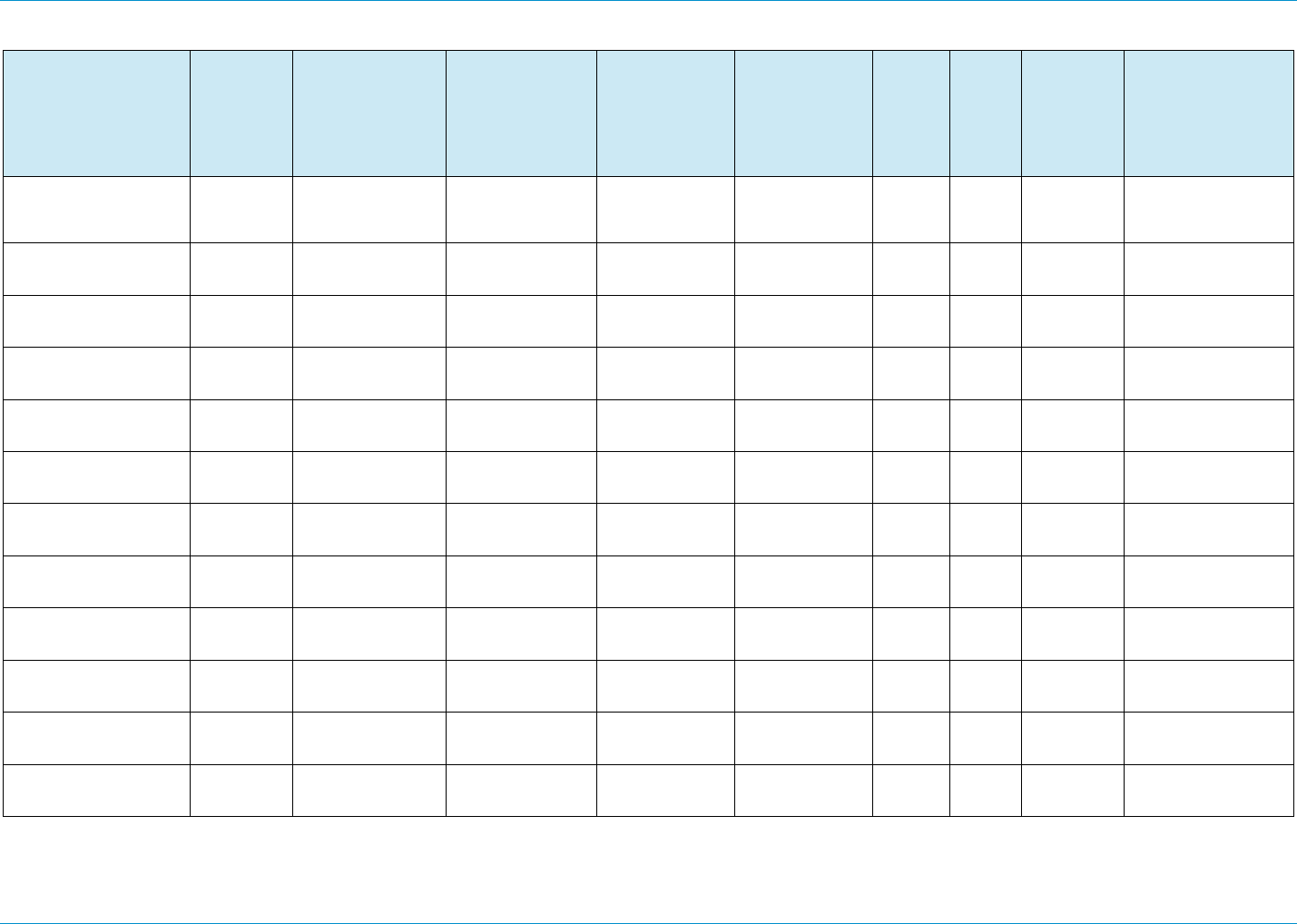
Low-THC Hemp Production in New South Wales
20 NSW Department of Primary Industries, June 2024
Appendix 6. Record of seed or plant disposal and destruction
Date Of Disposal Or
Destruction
Material
Type-
Seed Or
Plant
Property From
Where Plants
Were Disposed /
Destroyed
Location Of
Disposal Or
Destructions
Method Of
Disposal Or
Destruction
Reason For
Disposal /
Destruction
Variety
No. Of
Plants
Recorded
By
Date
e.g. 20/11/17
Plant
234 Harvest St,
Smithtown
Lot 3
Mulch then
Compost
Surplus
Eve
2000
A.
Licensee
20/11/17
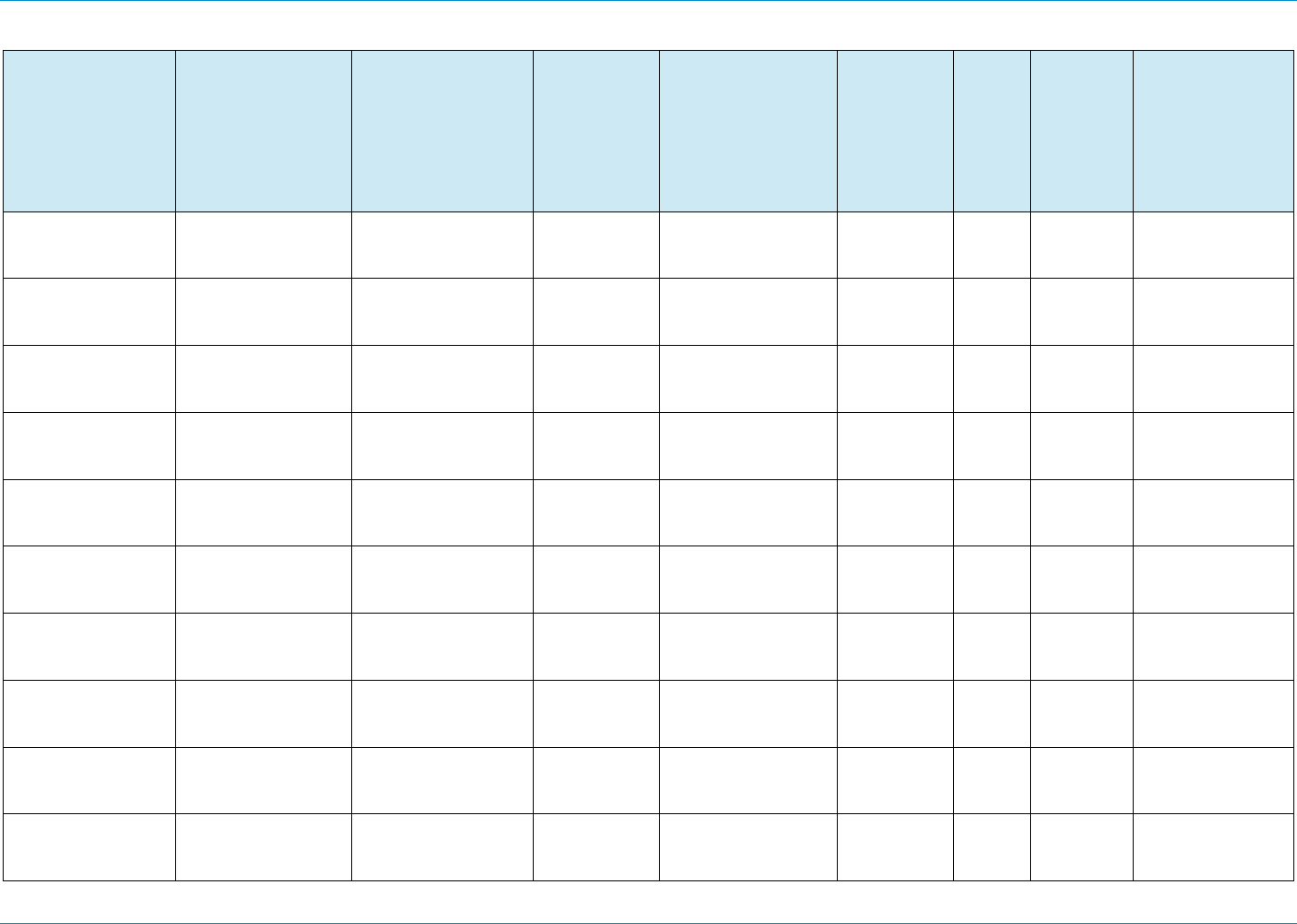
Low-THC Hemp Production in New South Wales
21 NSW Department of Primary Industries, June 2024
Appendix 7. Harvest records
Date Of Harvest
Property
Address Hemp
Was Harvested
Location /
Paddock Hemp
Was Harvested
Material
Harvested-
Seed Or
Plant
Quantity Material
Harvested
Weight Of
Seed(Kg)/No. Of
Plants
Harvested
Area
(Acres,
Hectares)
Variety
Recorded
By
Date
e.g. 4/11/17
234 Harvest St,
Smithtown
Lot 2
Plant
500000
2 ha
Eve
A.
Licensee
4/11/17
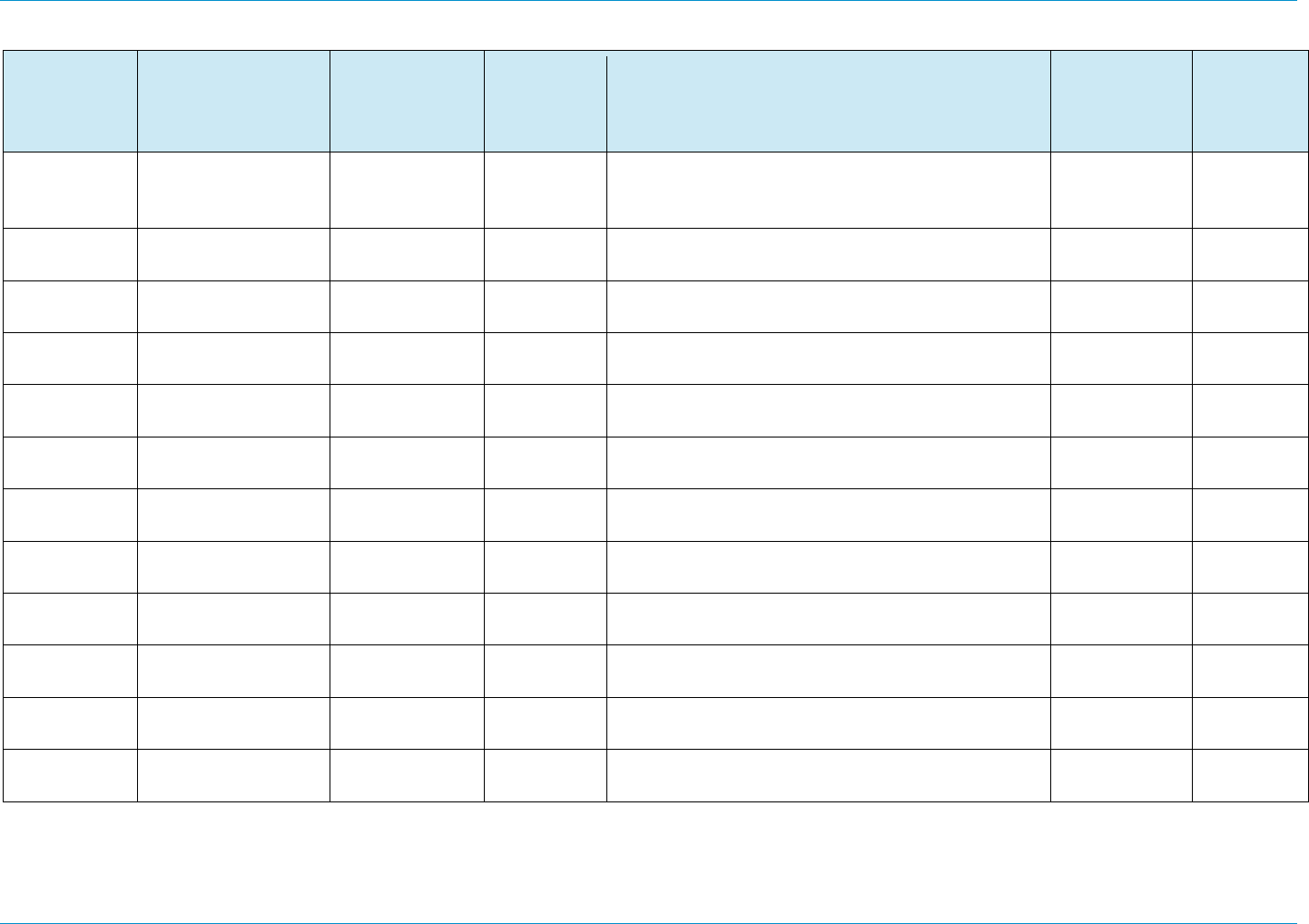
Low-THC Hemp Production in New South Wales
22 NSW Department of Primary Industries, June 2024
Appendix 8. Record of low-THC hemp material supplied
Date Of
Supply
Name Of Person
Hemp Material
Supplied To
Address
Supplied To
Licence
No.
Description Of Low-THC Hemp Material &
Treatment
Recorded By
Date
e.g. 3/11/17
David Jones -Hemp
Processors
23 Fibre Pl,
Smithtown
7894
Stripped stems
A. Licensee
4/11/17
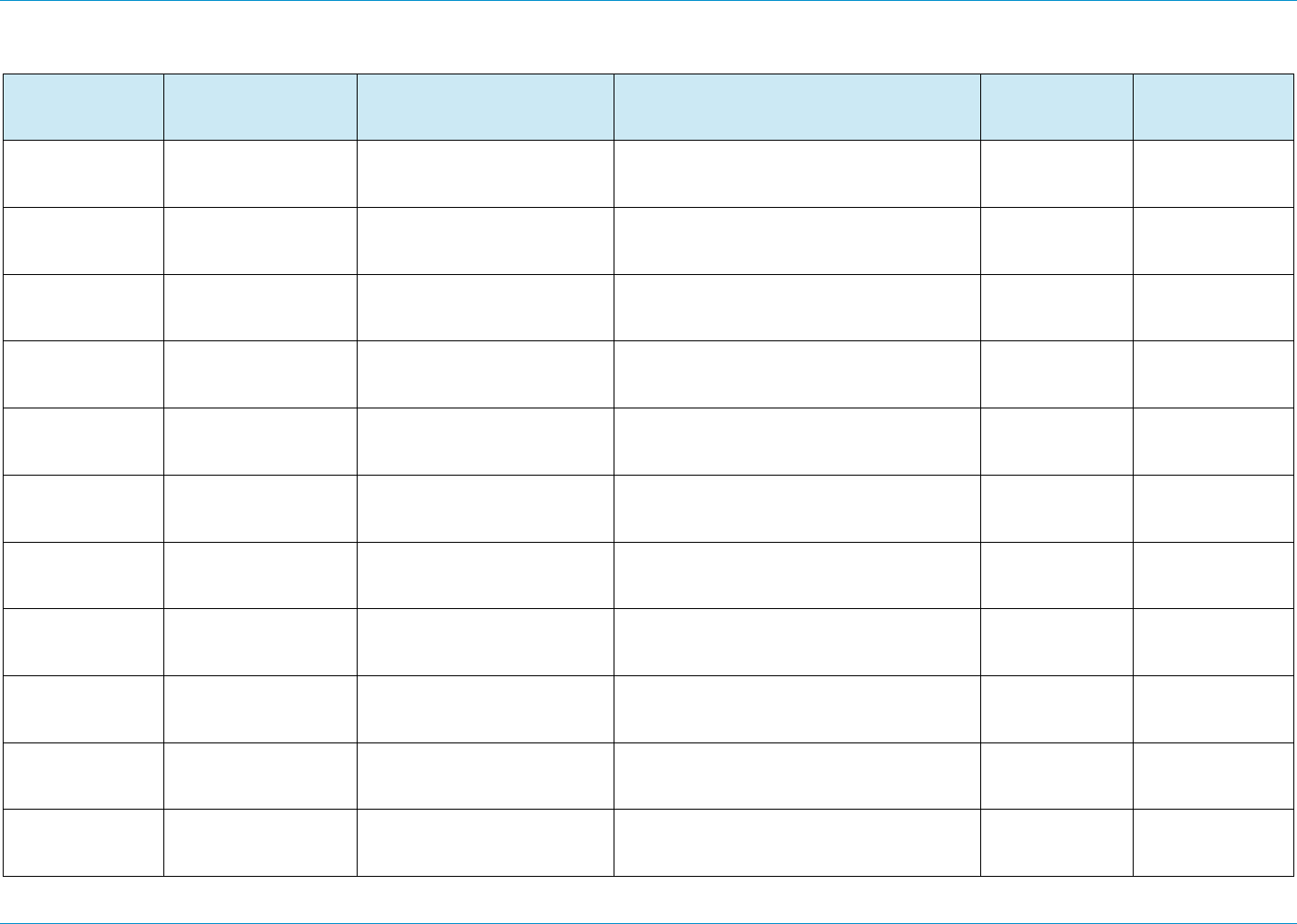
Low-THC Hemp Production in New South Wales
23 NSW Department of Primary Industries, June 2024
Appendix 9. Visitor Register
Date Of Visit
Name Of Person
Address Of Person
Reason For Visit
Recorded By
Date
e.g. 2/11/17
John Smith
125 Electrical Ave,
Johntown
Harvesting contractor
A. Licensee
2/11/17
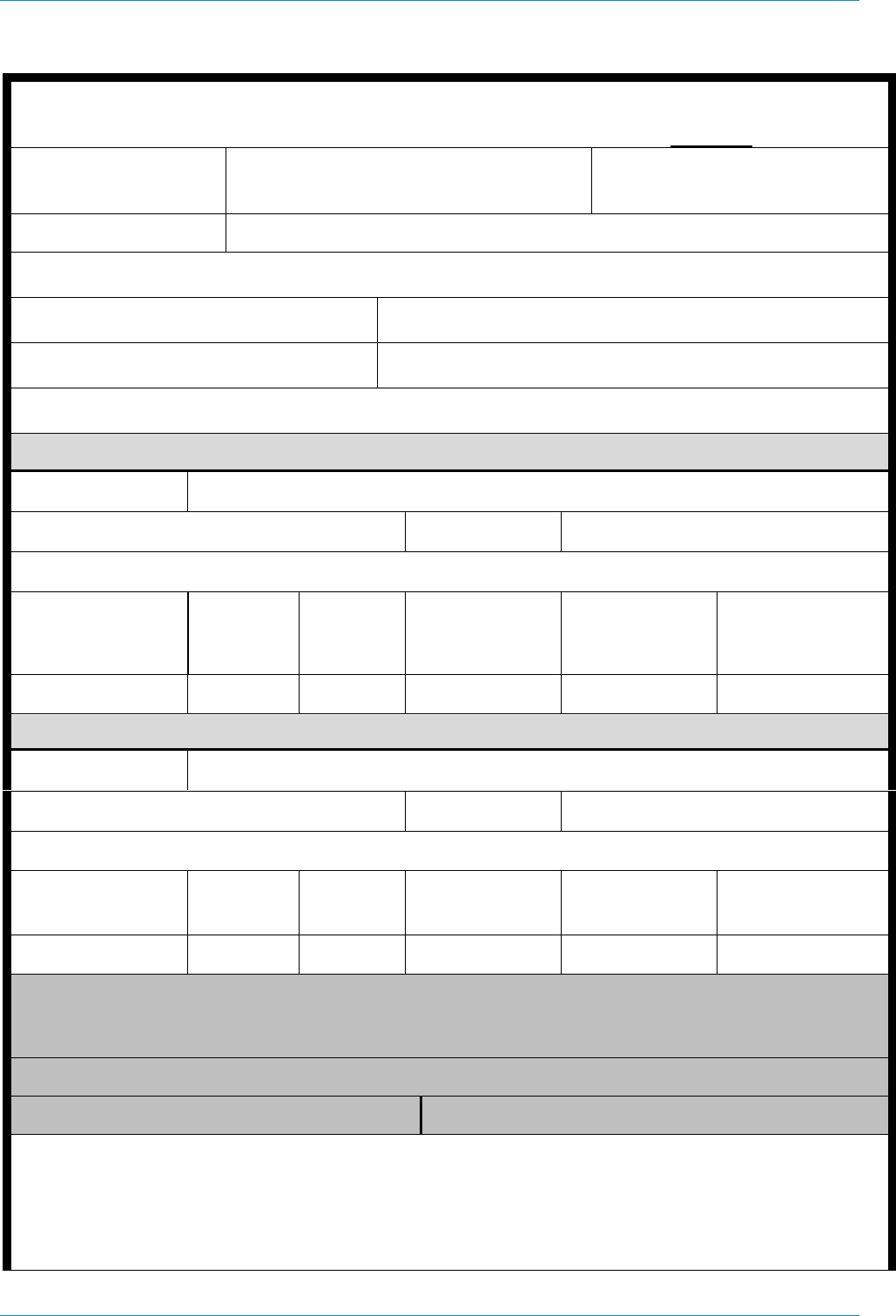
Low-THC Hemp Production in New South Wales
24 NSW Department of Primary Industries, June 2024
Appendix 10. Annual Report, Planting Notification & Sampling Request Forms
Low THC Hemp - Annual Report
Annual report must be received by the Department before or on the 1 August each year
Name of Licence
Holder
Licence No.
Business Name
Postal Address:
City:
State: NSW Postcode:
Telephone:
Mobile:
e-Mail:
Provide details of individual paddocks /blocks under this licence.
Paddock / Block#
Address:
City:
Post Code:
DP / Lot #
Variety
Crop
Area (Ha)
Harvest
Area (Ha)
Yield of Fibre
(Tonnes / Ha)
Yield of Seed
(Kg/ Ha)
Yield of cuttings
(Research)
Provide details of individual paddocks /blocks under this licence.
Paddock / Block#
Address:
City:
Post Code:
DP / Lot #
Variety
Crop
Area (Ha)
Harvest
Area (Ha)
Yield of Fibre
(Tonnes / Ha)
Yield of Seed
(Kg/ Ha)
Yield of cuttings
(Research)
SIGNATURE(S) – Please sign below with name clearly printed underneath
• I/we hereby certify that all information provided on this form is true and correct.
• I/we hereby certify that I am authorised to submit this form on behalf of this business.
Signature
Print name:
Date:
Please return all pages of your application to:
Department of Primary Industries
Biosecurity & Food Safety
bfs.admin@dpi.nsw.gov.au
PO Box 232
TAREE NSW 2430
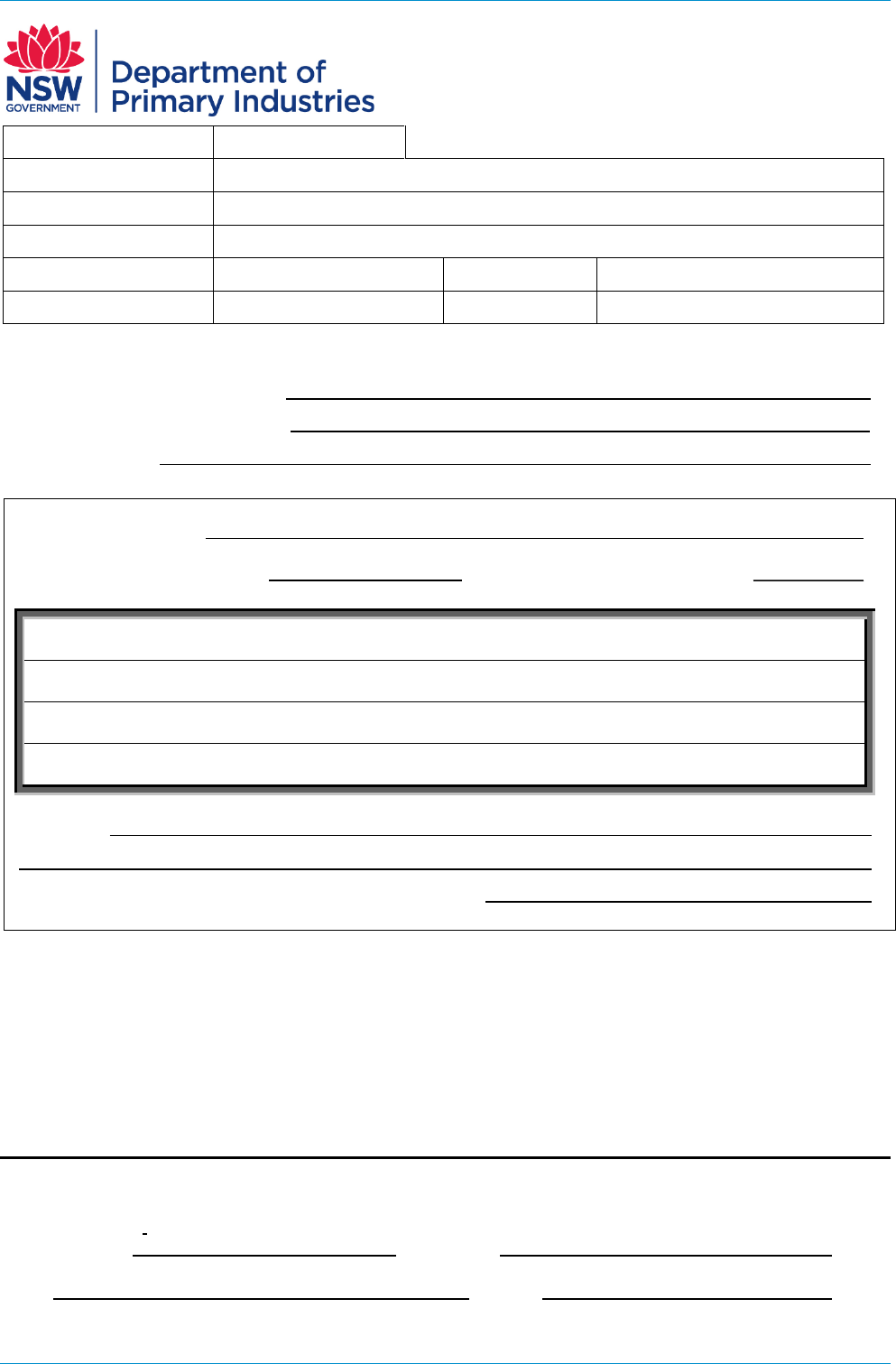
Low-THC Hemp Production in New South Wales
25 NSW Department of Primary Industries, June 2024
Hemp Sampling Request Form
Date
Licensee Name
Licensee Address
Licence No
Phone
Mobile
Fax
Email Address
Type of Hemp Crop
o Seed Crop - Variety .
o Fibre Crop - Variety .
Stage of flowering ,
Intended harvest date
Size of Hemp Crop (hectares) No. of Hemp Crops being grown
Crop Address/Location: Lot No. DP No:
Full address
Name of Property Owner/Manager Contact ph. no.
Name of Grower (if different from Licence Holder) Contact ph. no.
Directions
Access issues (e.g. bad road, electric fence, stock, etc)
Mobile phone reception Yes / No `
This form must be submitted at least 2 WEEKs before sampling is required
to:
Email: bfs.admin@dpi.nsw.gov.au
OR
PO Box 232, Taree NSW 2430
______________________________________________________________________________
Inspector’s use only
Sampling Date Time .
Arrangements to meet:
Name .Position .
Location________________________________________________________________________
Licensee will be attending on the day? Yes / No Copy of APN and licence accessed? Yes / No
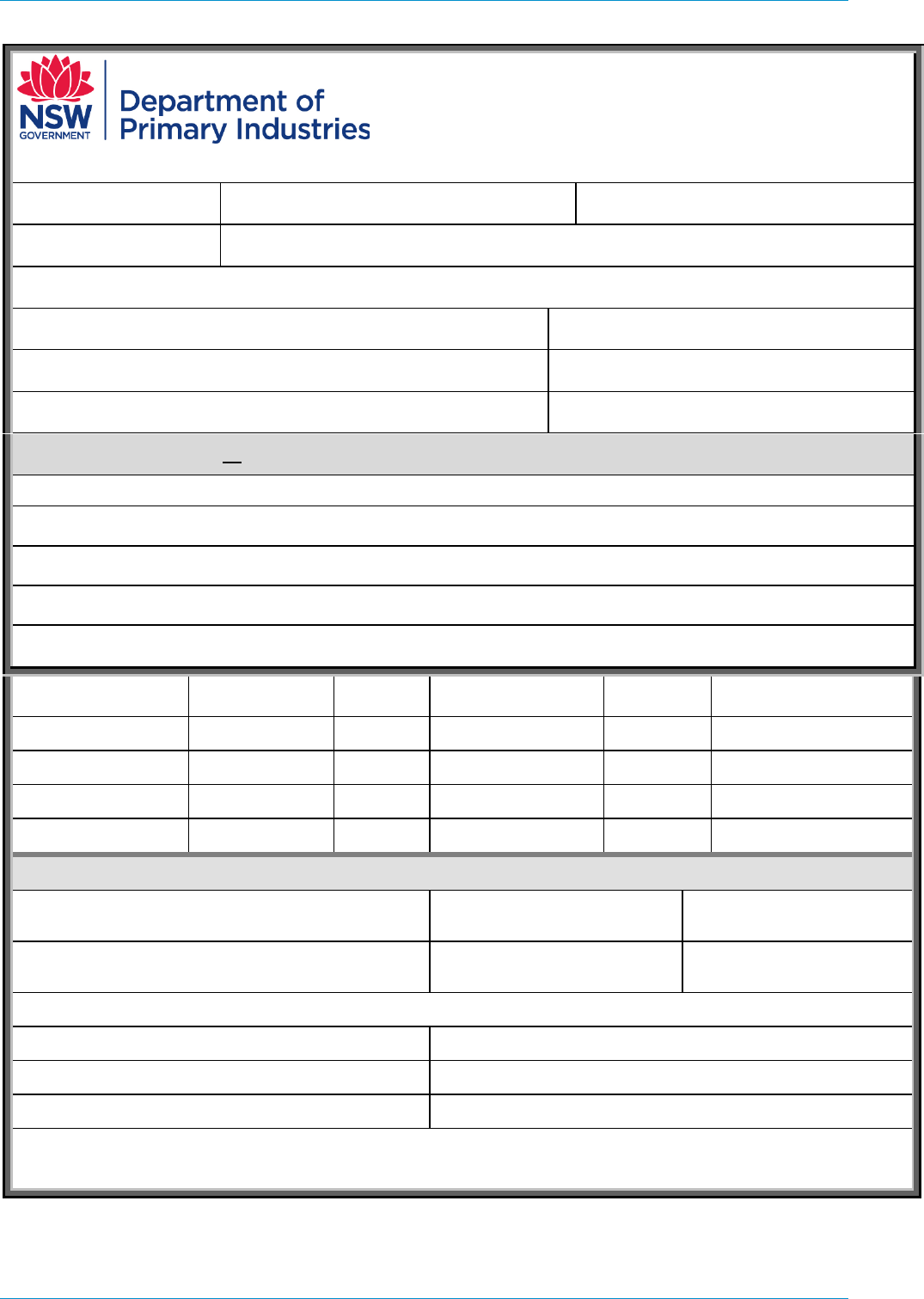
Low-THC Hemp Production in New South Wales
26 NSW Department of Primary Industries, June 2024
Planting Notification Form
Note: This form must be submitted within 7 days of
planting
Attach map showing property and crop location
Name of Licence Holder
Licence No. ....................................................
Business Name
Postal Address:
City:
State Postcode:
Telephone:
Fax:
Mobile:
e-Mail:
Please tick this box if you will not be cultivating low-THC hemp in the coming season (no further information required).
The following information relates to the crop of low-THC hemp to be cultivated in the ...................................... growing season
Crop Address/Location: Lot No. DP No:
Full address
Name of Property Owner/Manager Contact ph. nos
Name of Grower (if different from Licence Holder) Contact ph. Nos
Cultivar or Variety
Paddock or block
Crop Area
(Ha)
Proposed Sowing Rate
(Kg/Ha)
Sowing Date
Crop Type Fibre or see
(F / S)
Source of seed
Name of Seed Supplier:
If sourced from NSW, provide the
supplier’s Licence Number
NSW Licence number:
If sourced from elsewhere, include
any identifier:
Postal Address:
City:
State Postcode:
Telephone:
Fax:
Mobile:
e-Mail:
Signature ................................................................................................................................. Date: ......................................................................
Email: bfs.admin@dpi.nsw.gov.au OR PO Box 232, Taree NSW 2430
